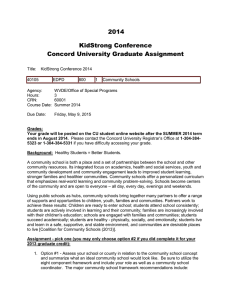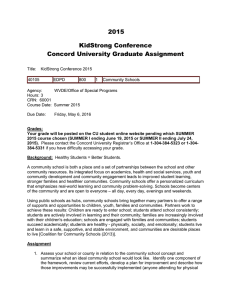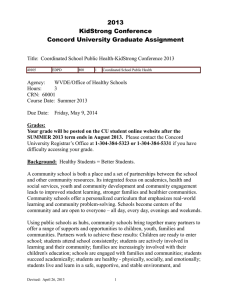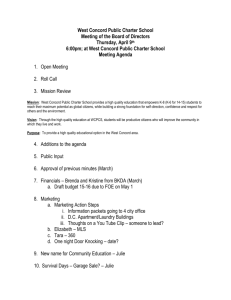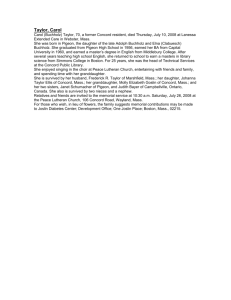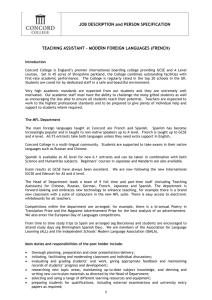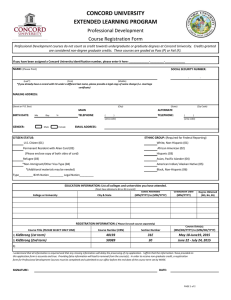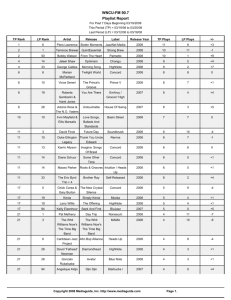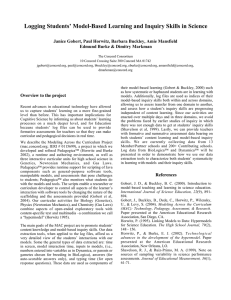Let’s taLk about sex…Part II David Campbell, PhD Associate Professor of Health Education
advertisement
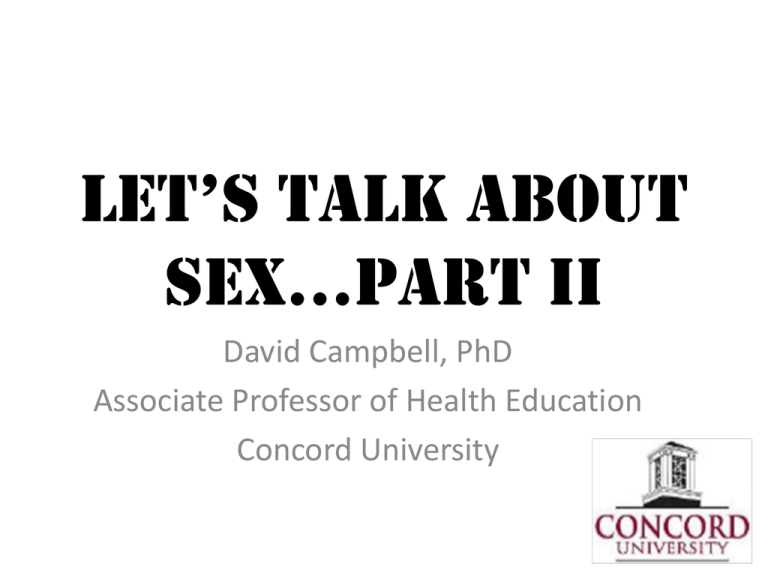
Let’s taLk about sex…Part II David Campbell, PhD Associate Professor of Health Education Concord University Rules of governance when discussing “sex” with adolescents • Developmentally appropriate language • Show the conversation respect by using AGE appropriate terminology • No such thing as a dumb question: • Consider their sources of information/misinformation • They WILL be embarrassed because they just don’t know • We can typically categorize questions three ways: 1. 2. 3. Requests for information Questions of normalcy Permission-seeking Rules of governance when discussing “sex” with adolescents(cont.) • Create a “safe zone” for Q & A • remember, no matter what you do…you are still a “dork!” • episodic/individualized phenomenon • No personal… • stories/anecdotes • don’t speak in code • Try to intellectually….their questions • clarify • rationalize • analyze • It is ok to say I Do Not KNOW! 2011 YRBSS – Trend Analysis Report • http://wvde.state.wv.us/healthyschools/docu ments/2011WVHTrendReport_000.pdf Birth rates • http://www.cdc.gov/nchs/data/databriefs/db 89_tables.pdf Big Picture: when ‘educating’ remember the following… • Do NOT be intimidated • they smell fear…and anxiety • you set the tone and dialogue tenor • Pubescent Development and Sex ARE NOT the same thing • socio ecological sphere of influence • The desire for sexual gratification is normal! • cultural we screw kids up with this. • Anatomical terminology is NOT sex talk • do you find the elbow erotic? • Sex is best viewed as a complex interaction of: • Biological Factors • Psychological Factors • Sociocultural Factors Big Picture: when planning for 'educating’ remember the following…(cont.) • Clearly define S*X education • • • • • • • Paucity of dialogue between care givers and children Abstinence vs. Abstinence Based/Plus Passive vs. Active Permission Process Target Audience characteristics…how much to cover and when • • • • • • Family planning? Growth and Development? Sex Education? YRBSS Data HEAP Data Known infection rates Teen Pregnancy Rates Pretest information Community Characteristics • You must consider the cultural climate in which you work/live - Finally Clarify your objective…What is the purpose of your educational treatment/intervention Reduce? Eliminate? Encourage? More than anything else, this will drive the design of what you are doing Contact Information David Campbell, PhD Associate Professor of Health Education Chair, Department of Human Performance Concord University 304-384-5331 dcampbell@concord.edu

